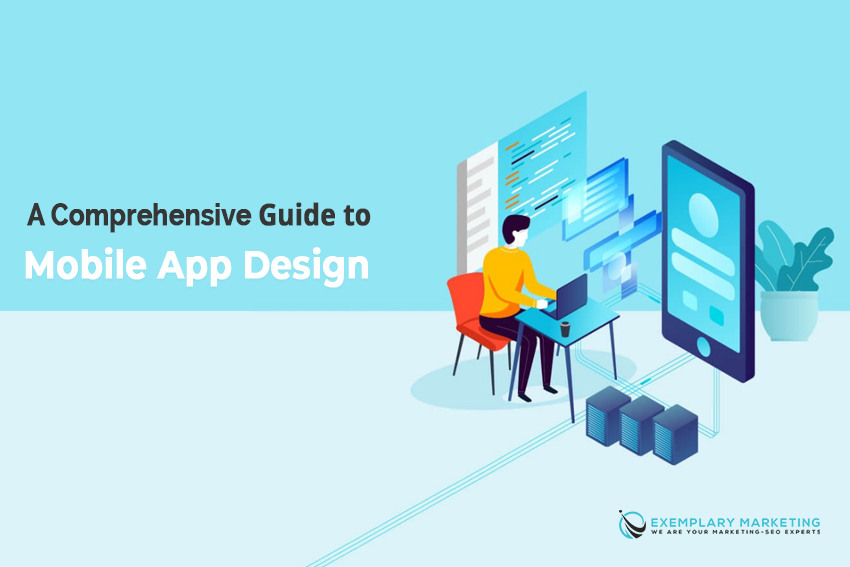Given the growing number of mobile phones and internet users in the world today, it’s not surprising to learn that the average American spends roughly five hours every day on their mobile devices. A vast number of phone users spend a great deal of time surfing the web and using mobile apps. This makes the user experience the distinguishing factor between a bad mobile app design and a good one. As a result, if you want to build a successful app, you will have to factor in users’ experience into your design. Here is a comprehensive guide on mobile app design.
Practical Recommendations for Building A Successful Mobile App
1. Minimize Cognitive Load
When discussing the complexities of app design, cognitive load refers to the amount of brainpower that people will need to use the app. The human brain has a certain limit on processing power; when your app delivers too much information at a go, that may overwhelm the average user and force them to abandon the task.
2. Decluttering
Decluttering is one of the crucial factors to consider when designing a mobile application. When your application interface is cluttered, your users may be overloaded with unnecessary information. For example, the more buttons, images, and icons you add, the greater the screen’s complexity. Even on desktop computers, clutter can hinder an amazing user experience. Therefore, take every step to eliminate clutter and enhance the comprehension of your app. Functional minimalism is a great solution to a cluttered UI.
3. Offload Tasks
If an app requires users to enter a lot of data, that can harm their experience. Therefore, watch out for things that require too much effort, and offload them by searching for and using simpler alternative design options. For instance, you can sometimes use previously entered data without asking your users to retype them every time. Make good use of default functions as well.
4. Chunking
It’s convenient to break down multi-step tasks into chunks. This is particularly important in mobile app design because it helps reduce complexities. Chunking makes forms look less loaded when you are asking for more information from your users. With chunking, consumers can easily navigate through tasks when they are interconnected.
5. Minimize User Input
Typing on smaller mobile screens can be stressful as small phone screens make users prone to errors. One common example that requires user input is the filling of forms. It’s essential to keep your forms as simple and short as possible. Besides using autocomplete features, you may want to ensure that your mobile app only asks for minimum information from your consumers.
What’s the Formula for Designing A Great App?
Well, the answer is there is no one specific strategy to make a successful app. However, as explained earlier, it’s easy for consumers to differentiate between good and bad apps. Good app designers try to balance user interface (UI) and user experience (UX). Therefore, if you want to design a great mobile app, you will need to keep this information at the back of your mind.
An app with a user-friendly interface combines the right colors, font styles, and other elements to create a perfect picture. On the other hand, user experience is basically determined by app functionality. The goal of UX is to keep users engaged with the application layer.
For example, taking the Uber app, you will realize that Uber has added pinned destinations such as “Work” and “Home.” Assuming Uber had created a cluttered app that keeps asking users to retype their home addresses, you can be sure that they will drive some clients away. The point is that if you know how to blend UX with UI, you can build an amazing app.
Ask and Answer the Right Questions
Under normal circumstances, app developers research before they create mobile apps. That’s important because you may not want to design an app that solves no problem at all.
Therefore, you will need to ask the right questions. Sometimes developers waste so much time focusing on existing applications, which impacts their ability to come out with original and unique ideas. Pondering over the following vital questions can help you build a useful mobile app:
- What key features can make users choose your app over your competitors’?
- What makes you think people will really want to download your app?
- What practical problems does your application seek to solve?
When you are satisfied with the data from your research, you can start coding and building your prototype.


